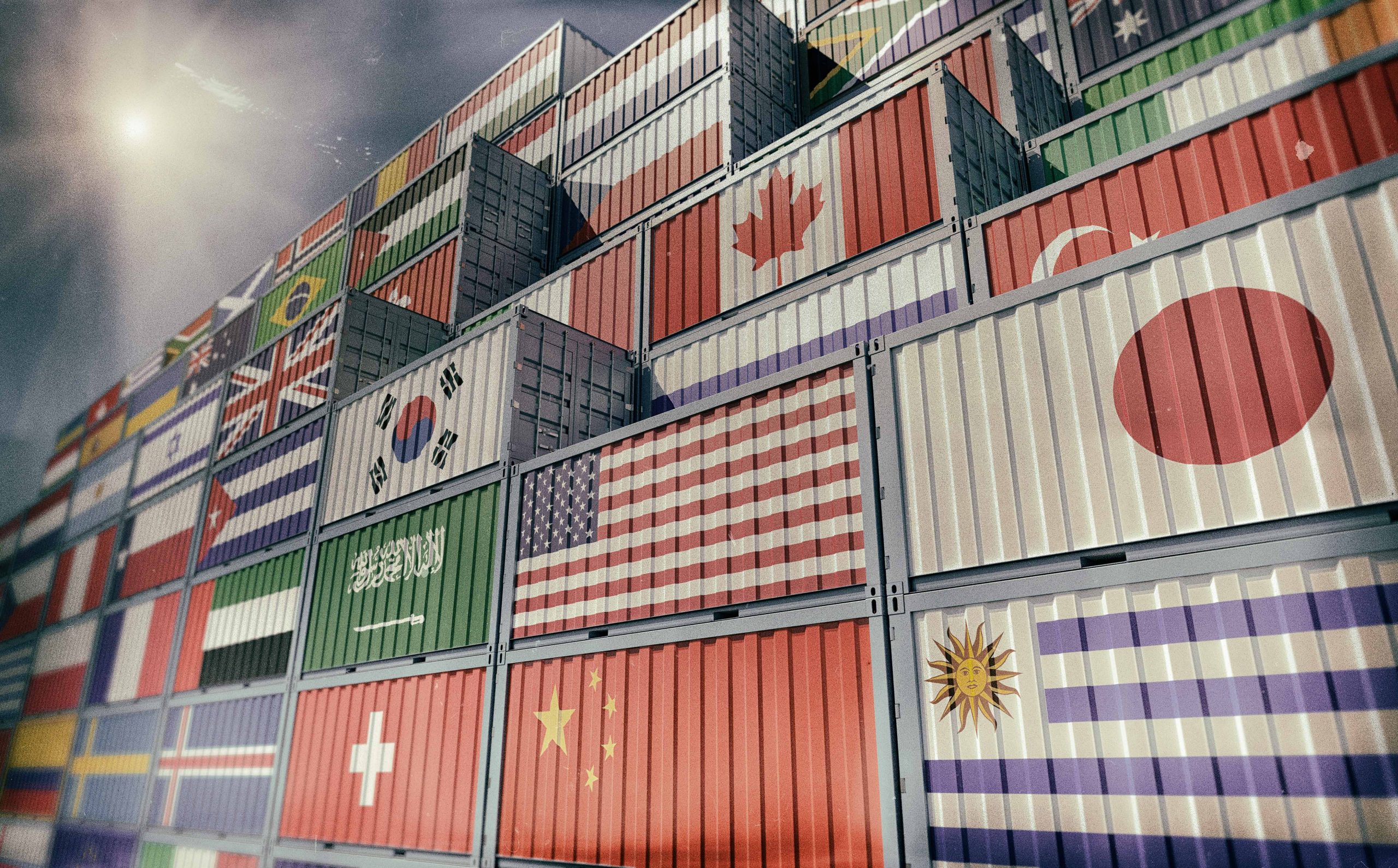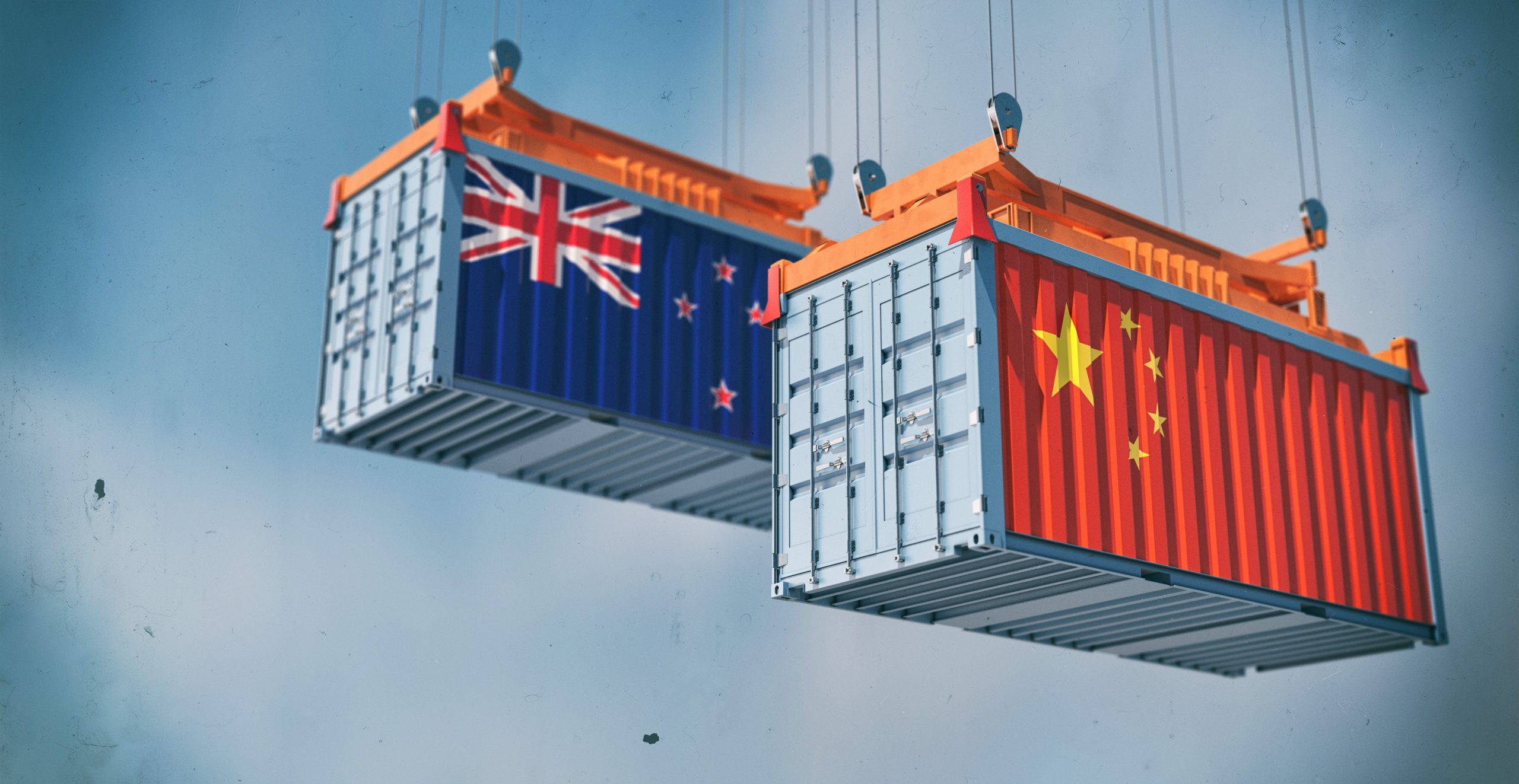The Ultimate Guide on Buying and Exporting Diamonds from South Africa
The Ultimate Guide on Buying and Exporting Diamonds from South Africa
South Africa is one of the world’s largest suppliers of rough diamonds, as well as being home to some of the most famous and historic diamond mines. The combination of these two factors means that South Africa is also a popular destination for people looking to buy or export diamonds from there. To help you find your way through the maze of different options and opportunities, we have written this guide on buying and exporting diamonds from South Africa. It explains everything you need to know about the various types of diamonds available, their cost, documentation requirements, export process and other important considerations.
What Type of Diamond Should You Buy?
The first and most important decision to make when buying diamonds is the type and quality of gemstone you want to buy. While most people know that diamonds are the most expensive gemstones, they might not know that there are actually eight different types of diamonds, each with its own level of quality and price. You need to make sure you are buying the right type of diamond for your purposes. For example, if you are buying diamonds as a gift and want to make sure that they are eye-clean and colourless, you should choose fancy coloured diamonds. However, if you are buying diamonds for investment purposes, you should choose colourless diamonds. Diamonds are graded for quality using a standard system called the 4 Cs: carat, cut, colour, and clarity. The carat is the weight of the diamond, with the average carat weight for a diamond ring being one carat. The cut refers to the quality of the diamond’s finish, while the colour and clarity refer to the diamond’s degree of colour and the degree to which it is free of inclusions. The higher the carat, cut, colour, and clarity, the more expensive the diamond.
Why Buy a Rough Diamond?
The biggest advantage of buying rough diamonds as opposed to finished diamonds is that you can get them at a fraction of the cost of the finished diamond. Since rough diamonds are not yet cut and polished, they do not have any additional value added to them from the cutting and polishing process. This means that you can get them at a much lower price than the finished diamond gemstones. And since rough diamonds are still at the mine, you can inspect the mine and the diamonds before you make your purchase, giving you more control over the quality of your diamonds and the cost you pay for them. Another reason to buy rough diamonds instead of finished ones is that you get to choose the shape and design of your diamonds, as well as the colour and clarity of the diamonds. This means that you can get exactly the diamonds that you want, and you can have them designed to fit your specific requirements or needs.
Step 1: Decide on your budget
For any major purchase, it is important to first decide on your budget. No matter how much you have in your pocket, you need to know how much money you are willing to spend. Having a budget will help you focus on finding the diamonds that are within your price range, as well as help you avoid falling into the trap of overspending. The budget that you set for your diamonds will depend on several factors, including the type of diamonds you want, the quality of diamonds you want, and the seller from whom you are buying the diamonds. It is safe to say that the higher the quality of diamonds you want and the more specific your requirements are, the higher the budget you need to set.
Step 2: Find the right supplier(s)
There are a number of ways to find diamond suppliers in South Africa, including visiting diamond trade shows, doing online research, and networking with diamond traders in your area. You can also use online marketplaces like Alibaba to find suppliers of rough diamonds in South Africa. However, it is important to note that not all suppliers are created equal, so make sure that you do your research before deciding on a supplier. A good diamond supplier will help you with everything from sourcing rough diamonds that fit your requirements to making the payment and shipping arrangements. They will also help you with paperwork and documentation, as well as provide insurance for the diamonds in transit.
Step 3: Get the necessary export documentation
Before you can export rough diamonds from South Africa to your home country, you need to get the necessary documentation from the Department of Minerals and Energy (DME). While the specific documentation required varies from case to case, there are three diamonds documents that are almost always required: – Diamond Export Licence: This document authorises you to export diamonds from South Africa and is issued by the DME. – Diamonds Control Commodity List: This document contains details about the rough diamonds that you are exporting. This document is also issued by the DME. – Diamonds Control Export Declaration: This document is filled out by the exporter and lists all the details of the rough diamonds being exported, including their value, weight, and grading. While this document is issued by the DME, it is actually the importer who fills it out.
Exporting Process
The exporting process is the same whether you are exporting rough or finished diamonds. You will need to visit the DME branch office in South Africa to get all the necessary documentation. You will then have to find a licensed diamond broker to whom you will give the documentation and who will help you arrange transportation to your home country. Once you have arrived in your home country, you will need to visit an importer who will arrange for the customs and other necessary clearances. Note that you will have to pay taxes and duties on the diamonds when you clear them through customs. When you are ready to start transporting the rough diamonds, you will have to make sure that the diamonds are properly packaged. They should be kept in a sturdy box or container with no holes or gaps. The container should be closed securely and wrapped in an additional wrapping of plastic or polyethylene. Your diamonds should also be clearly labelled and marked as “diamonds”.
Final Words
Diamonds are one of the most beautiful and precious gems known to man, and they are also some of the most expensive. As such, people who buy or sell diamonds would do well to familiarise themselves with the industry and the best practices when dealing with these stones. This guide has been designed to provide you with everything you need to know about buying and exporting diamonds from South Africa. From the various types of diamonds available to the export process, this guide covers all the essential information you need.








LEAVE A COMMENT
You must be logged in to post a comment.